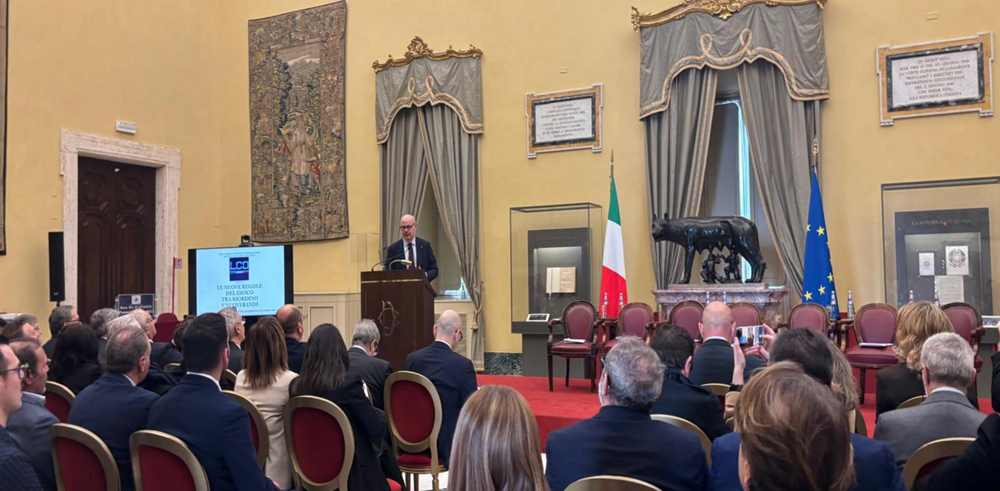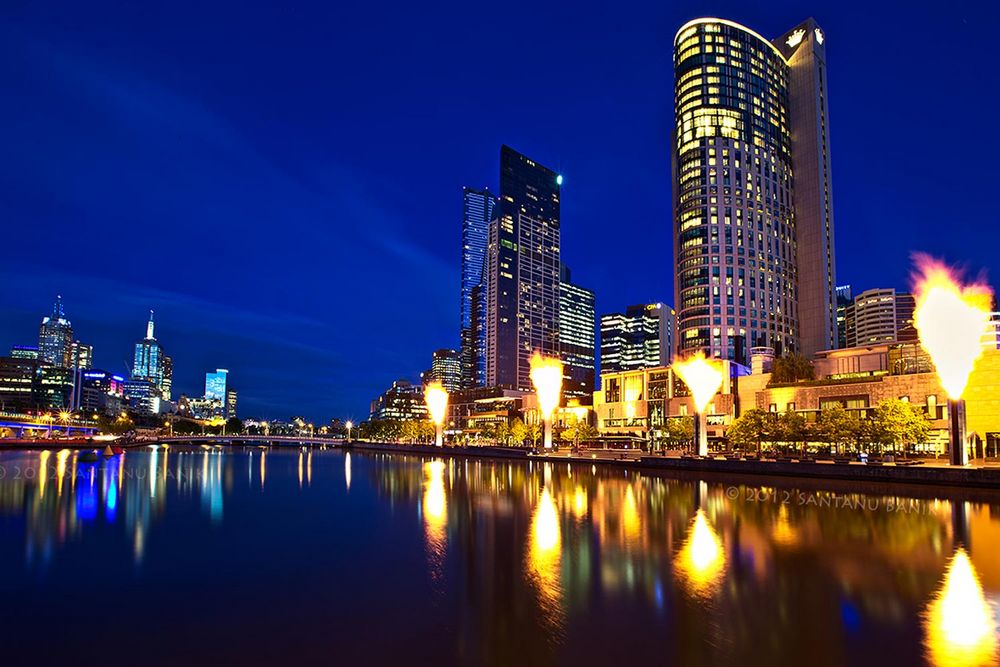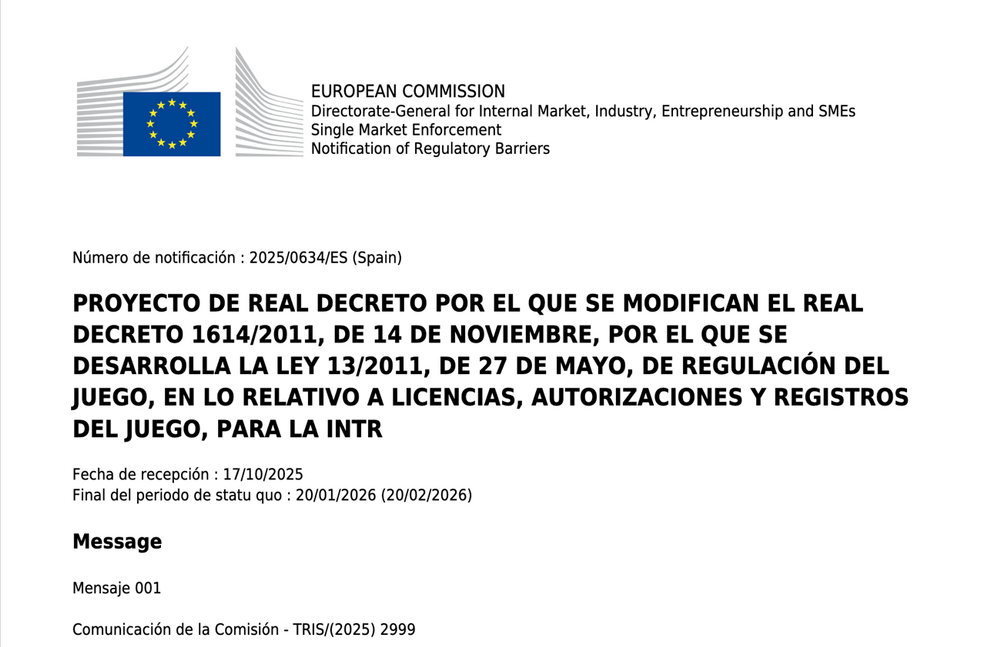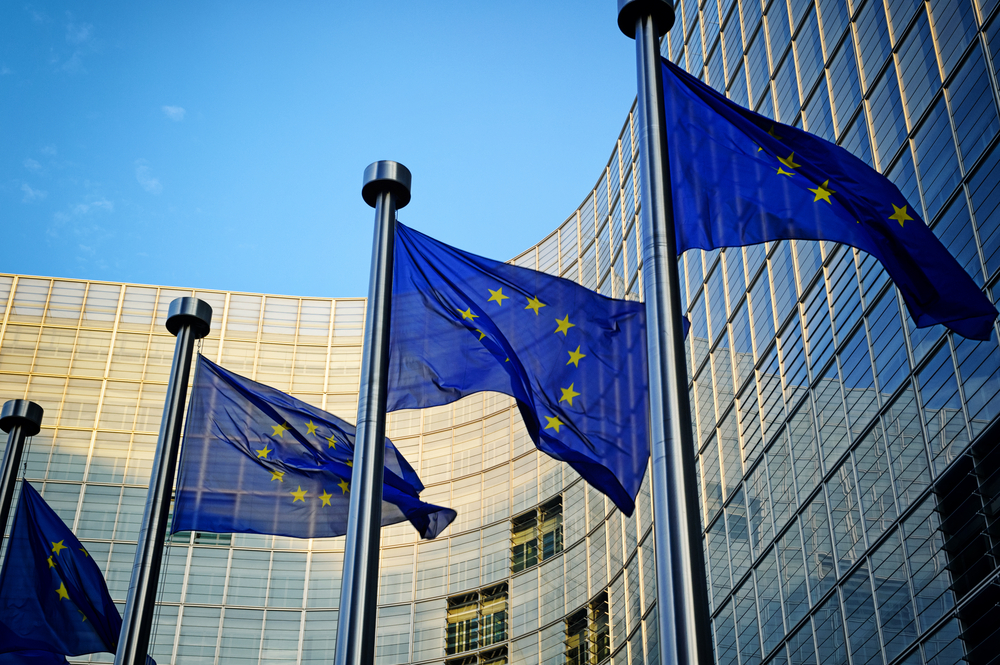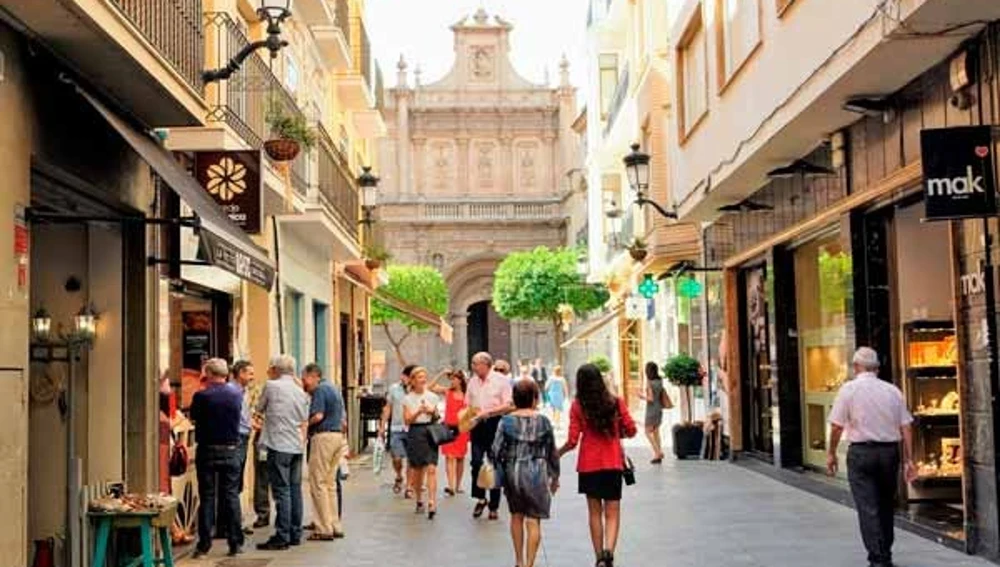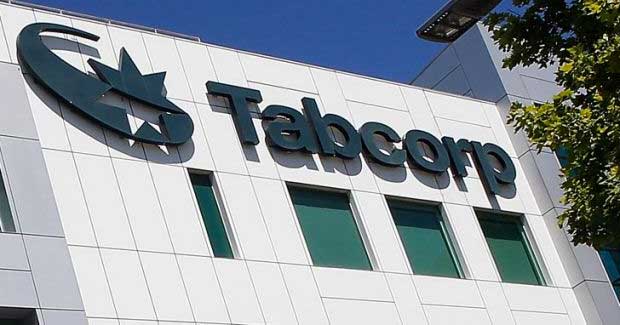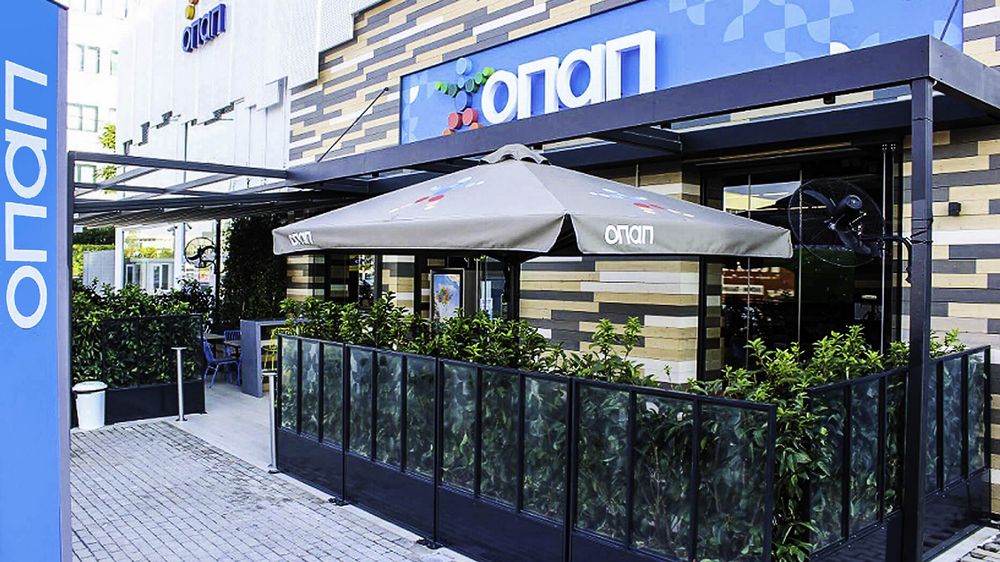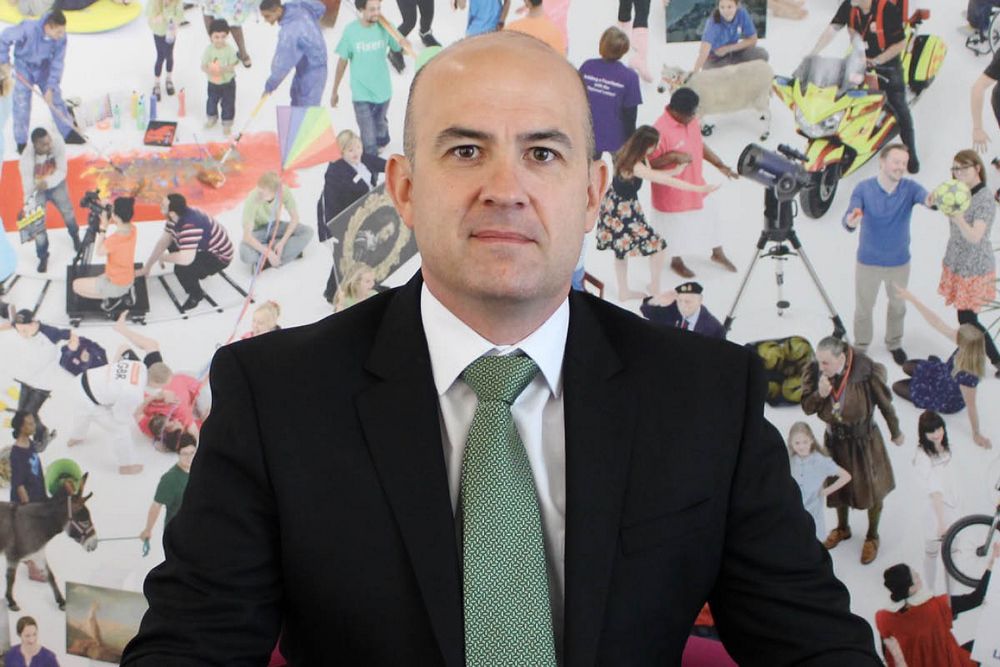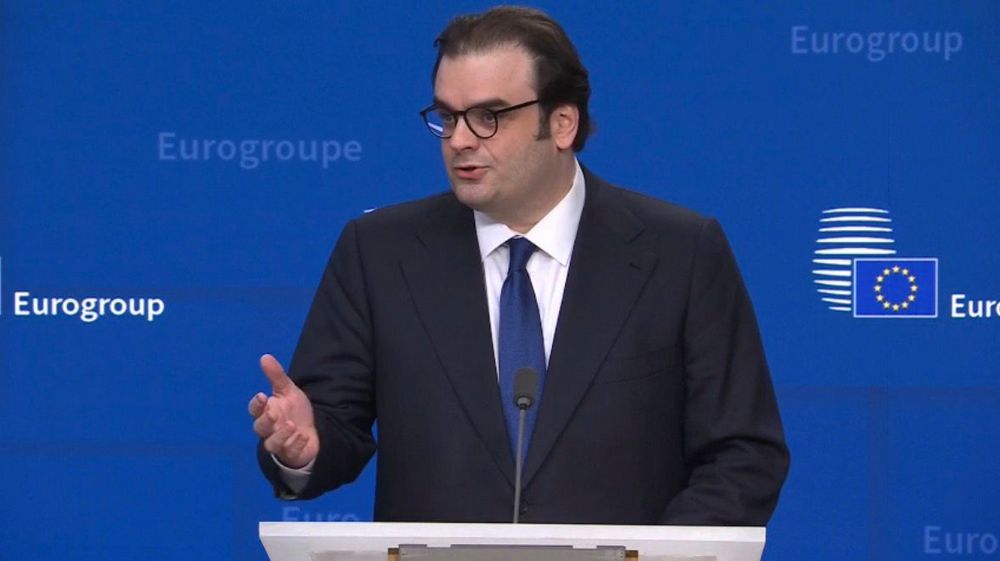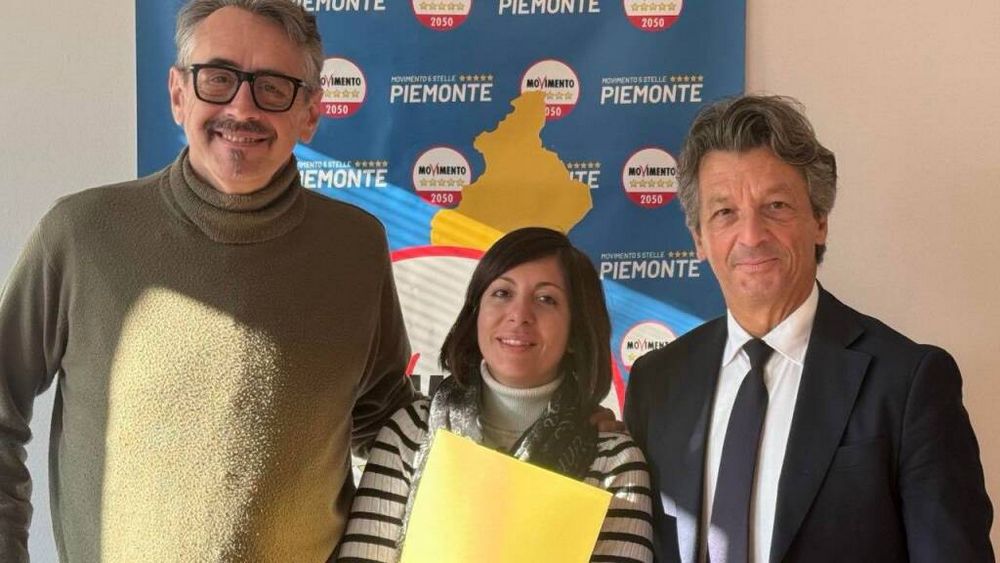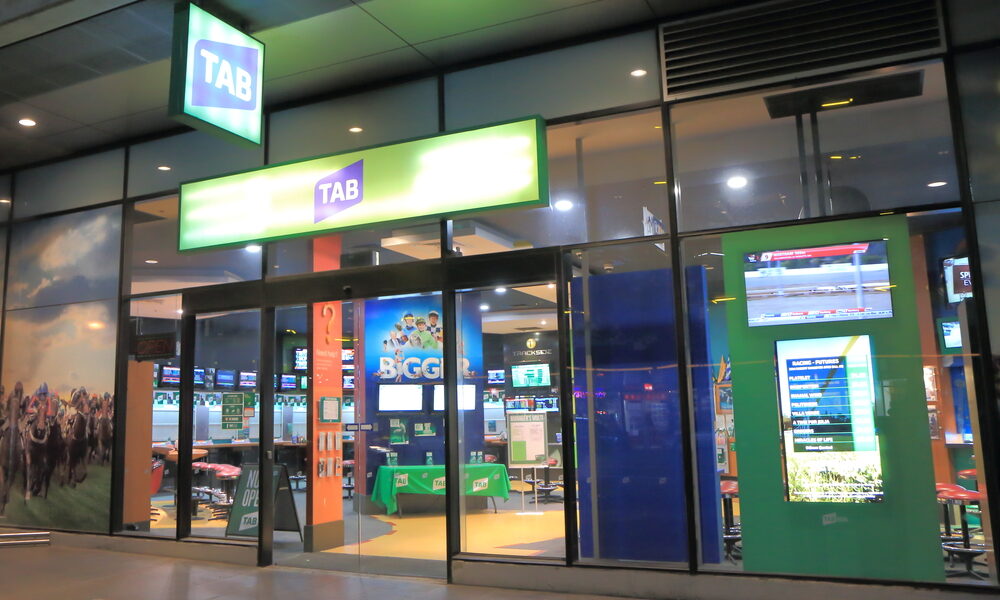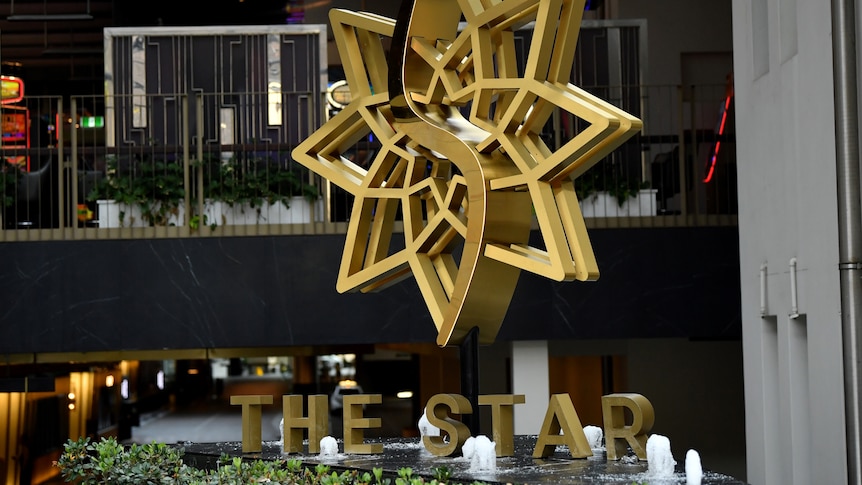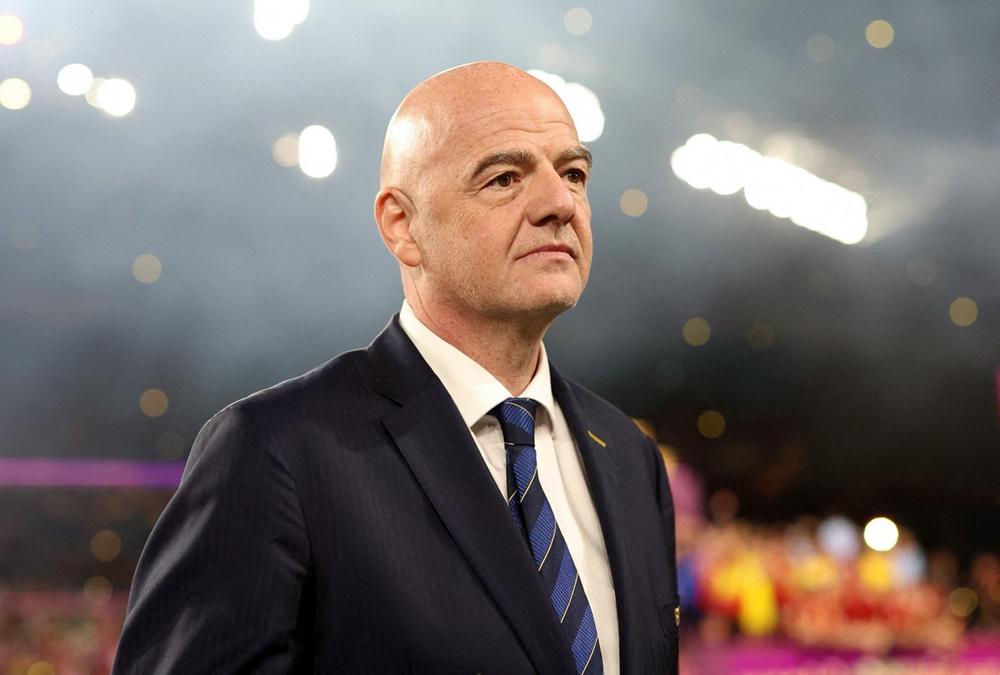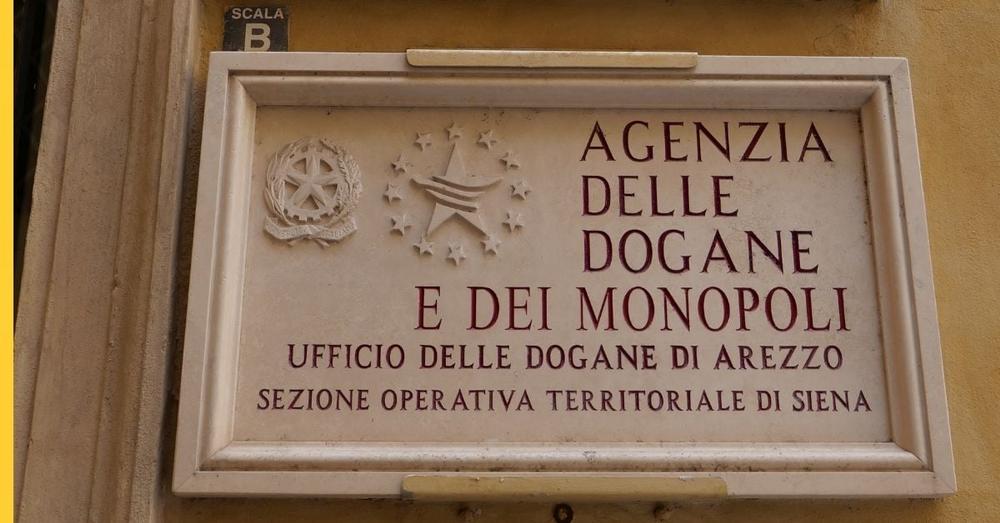Bratislava — A heated debate has erupted in Slovakia’s parliament as opposition lawmakers demand higher taxation on gambling halls and slot machines, claiming recent tax cuts have cost the state more than €52 million annually.
Leading the initiative are Michal Šipoš and Július Jakab of the opposition Slovakia Movement party, who introduced a proposal to restore the previous flat-rate levy of €9,300 per device or gaming table. The current government reduced that figure by 40–60%, setting rates at €4,700 for user-played devices, €4,400 for slot machines, and €6,000 for video terminals — a decision they say unfairly benefits operators.

The pushback has split the cabinet. Tourism and Sports Minister Rudolf Huliak defended the existing rates, arguing that a sharp increase could drive the market underground. “A 100% tax rise will not bring more money; it will only push operators to close or move illegally,” Huliak told local media. By contrast, Environment Minister Tomáš Taraba called for harmonization between land-based and online gaming, urging that both face a 27–30% gross gaming revenue (GGR) tax.
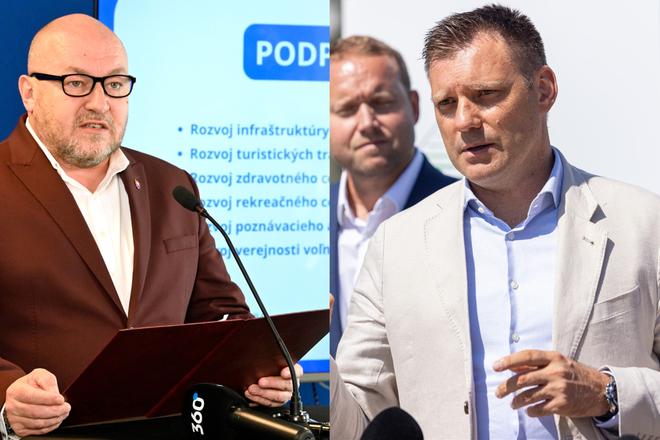
Slovakia rings the alarm: landmark report exposes scale of illegal online gambling
Under the current system, land-based venues pay the flat-rate levy plus a 27% GGR tax, while online operators face a higher effective rate. The Finance Ministry is reportedly exploring a compromise of 21% for land-based casinos to balance fiscal yield and competitiveness.
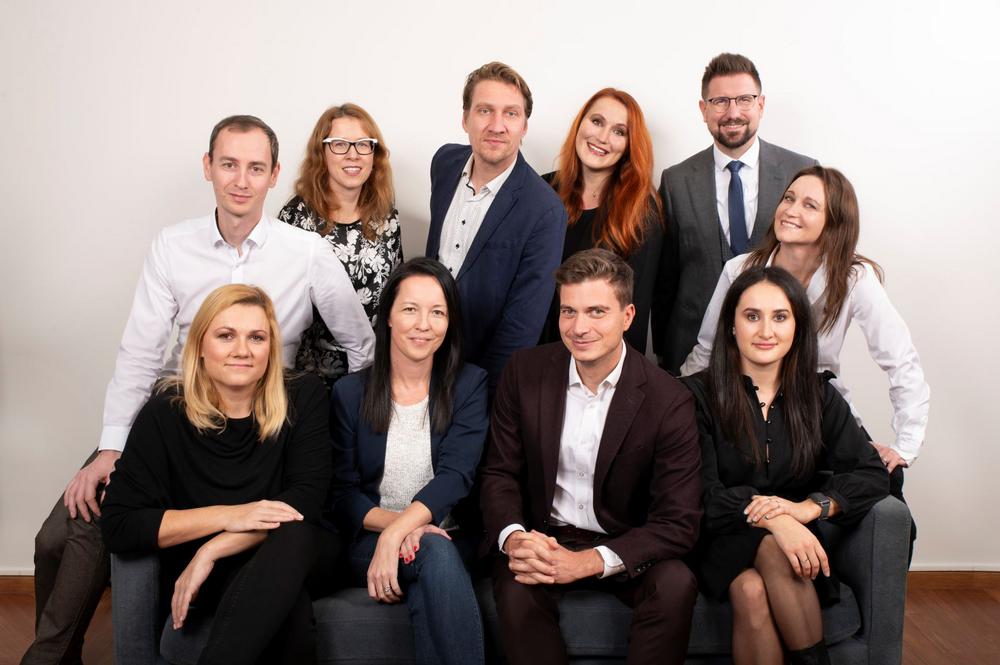
Critics from the Institute for Gambling Regulation (IPRHH) and casino associations warn that raising taxes abruptly could shrink the regulated market and lower total tax receipts. Meanwhile, the state lottery TIPOS stands to gain power under related proposals that would allow it to operate slot machines in hotels and shopping centers without municipal vetoes.
As lawmakers prepare to vote later this month, Slovakia’s gaming sector faces mounting uncertainty — a test of how far fiscal policy can stretch before fueling the black market.











